| (NEW! Starting from Version 13.77)
ThickVar materials have optical properties depending on layer thickness. A typical example of this type of materials is metal-island films (Fig. 1). Usually with the help of characterization the optical properties of such material are determined for several typical thicknesses (Fig. 2). We assume that they are saved to the Layer Material database with the names reflecting these thicknesses for convenience (Fig. 3). |
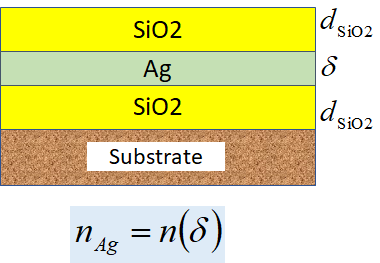
Fig. 1. Typical structure of a metal-dielectric film: Ag island film is surrounded by two SiO2 layers (sandwich). |
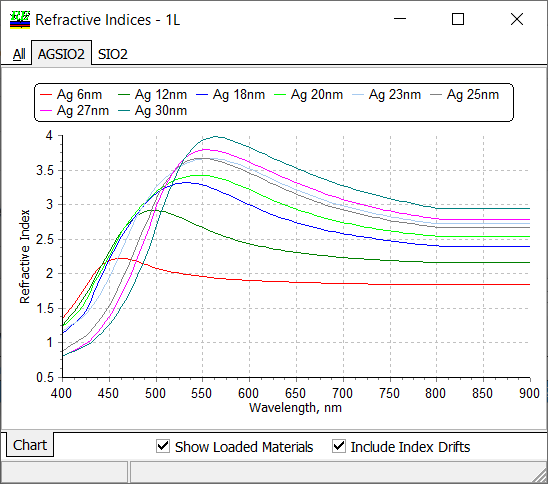
Fig. 2a. Refractive indices of Ag-SiO2 metal-island films for different thicknesses of Ag. |
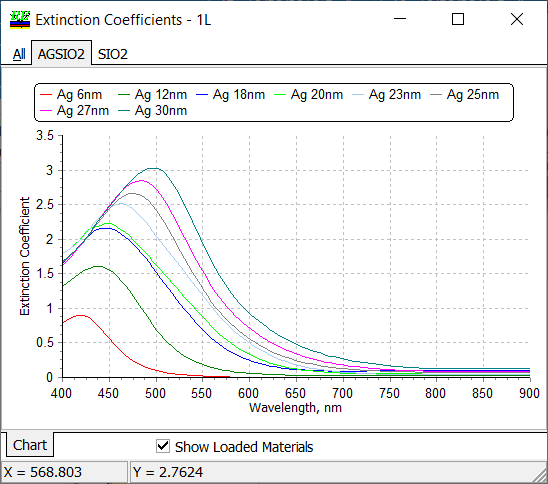
Fig. 2b. Extinction coefficients of Ag-SiO2 metal-island films for different thicknesses of Ag. |
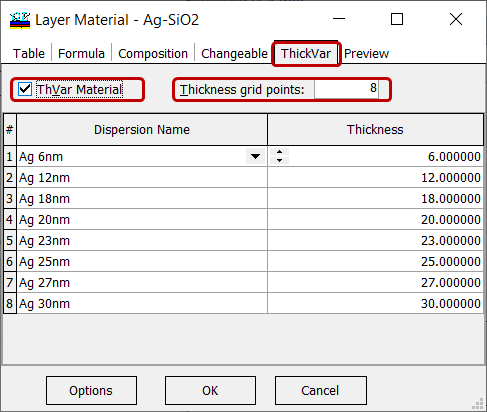
Fig. 3. Specification of thickness dependent optical constants in the new ThickVar tab. You specify a dispersion file (left column) and the corresponding Ag-thickness. |
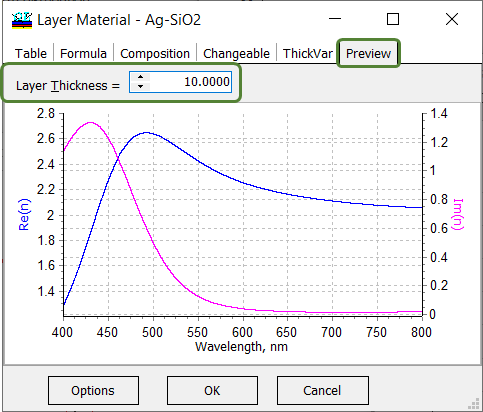
Fig. 4. In Preview tab, you can see optical constants for any thickness specified in Layer Thickness field. |
| Example: To design a coating, which reflects orange and violet colors from its front and back sides. Also, solar transmittance should be more than 50%. Light source D65.
Layer materials: SiO2, TiO2. In order to achieve different colors from the front and back sides of the substrate, an absorbing layer is required. Metal-island film is a good solution. It is not clear, however, what thickness of Ag should be. OptiLayer finds this thickness automatically in the course of the design process. ThickVar Material Ag-SiO2 (Fig. 3) must be loaded. |
|
| Good designs can be found starting from the sandwich structures SiO2 (78 nm) – Ag-SiO2 (ThickVar Material) any reasonable thickness – SiO2 (78 nm) with the help of gradual evolution with subsequent constrained optimization. Thickness of the Ag-SiO2 films are about 15-17 nm. | |
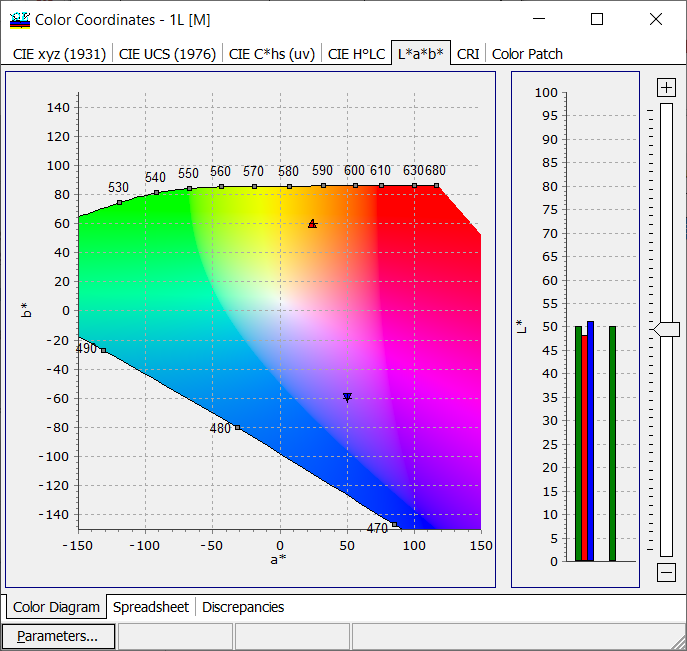
Fig. 5. Color coordinates of reflectance and back side reflectance of the design with the profile shown in Fig. 8. |
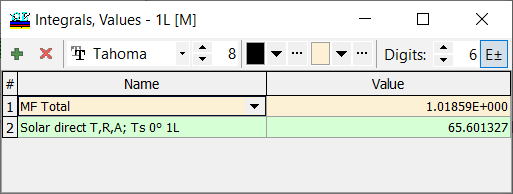
Fig.6. Solar transmittance of the design shown in Fig. 8 is greater than 50%. |
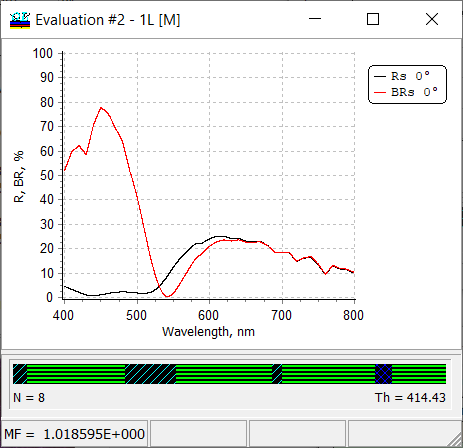
Fig. 7. Reflectance and back side reflectance of the solution shown in Fig. 8. |
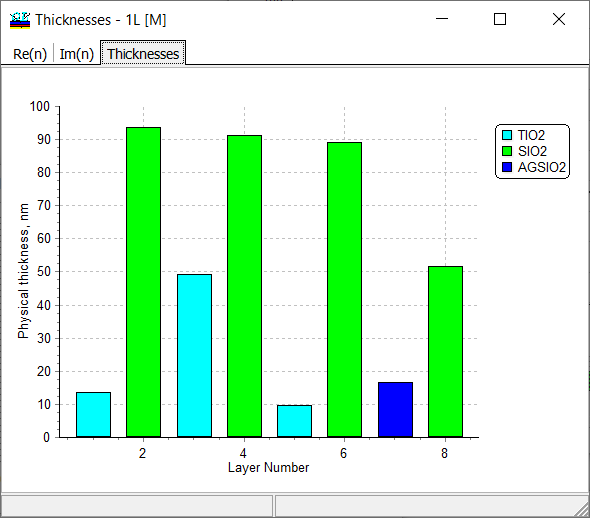
Fig. 8. A 8-layer metal-dielectric solution satisfying all conditions presented above: the design contains only one Ag-SiO2 layer, this layer is surrounded by SiO2 layers with thicknesses definitely larger than 40 nm. |
Our publications can be interesting:
|
|
Look our video examples at YouTube
OptiLayer videos are available here:
Overview of Design/Analysis options of OptiLayer and overview of Characterization/Reverse Engineering options.
The videos were presented at the joint Agilent/OptiLayer webinar.